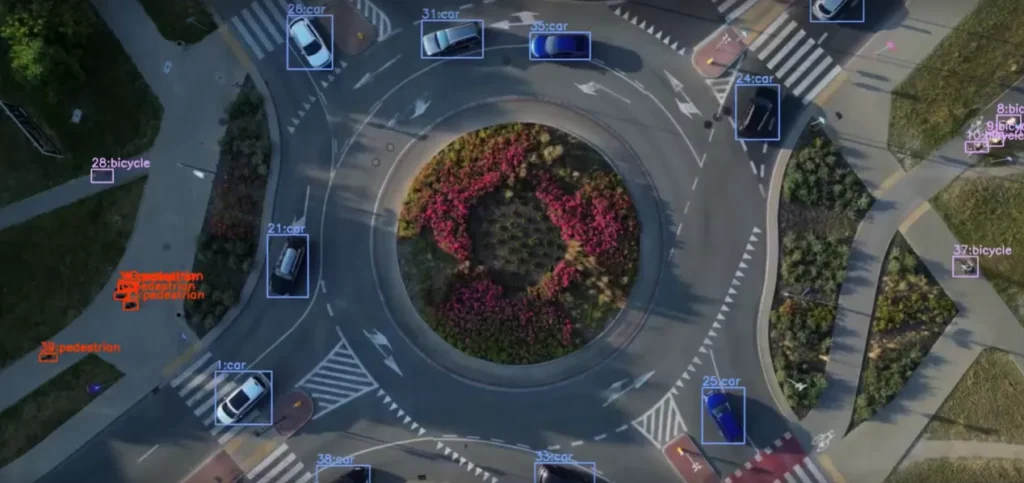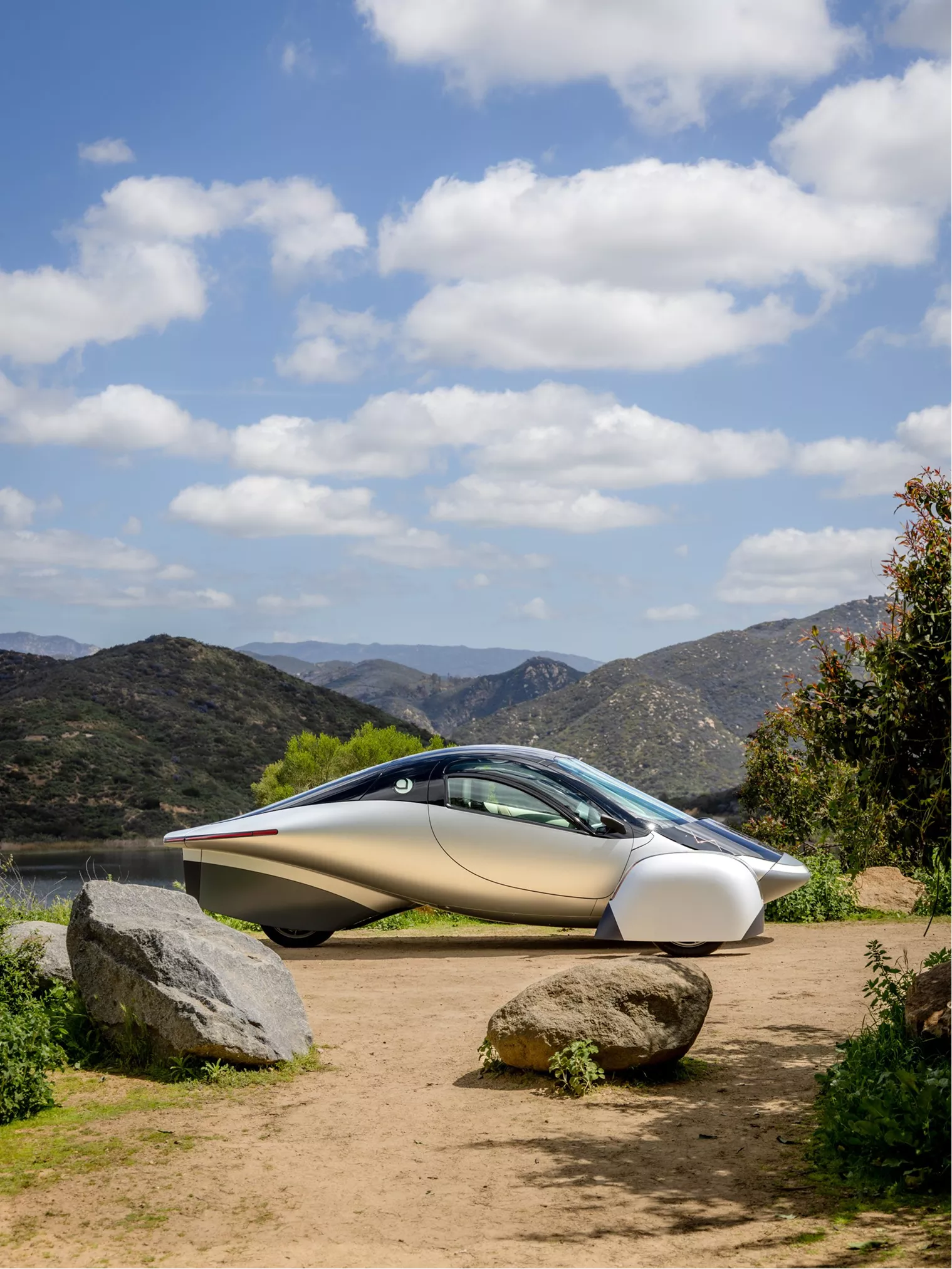






From EVs and batteries to autonomous vehicles and urban transport, we cover what actually matters. Delivered to your inbox weekly.
Germany’s Federal Ministry for Digital and Transport has awarded €400 million to a consortium of energy, automotive, and infrastructure companies to build a nationwide fast-charging network capable of handling heavy-duty electric trucks. The contract, awarded to the “Deutschlandnetz for heavy trucks” group, aims to deploy at least 130 grid-connected charging sites by 2026, strategically located along key transport corridors.
What sets this program apart is the focus on megawatt charging systems — still in early deployment stages — which are necessary to support battery-electric heavy trucks on long-haul routes.
Some sites are expected to feature MCS (Megawatt Charging System) hardware as early as 2025, enabling ultra-high-capacity charging well beyond current standards.
The selection of 130 sites was driven by logistics data, including freight patterns and traffic flow analysis, to ensure coverage at critical refueling points.
Additionally, each site must remain open to all users, regardless of truck brand or fleet provider, with pricing published transparently and regulated under contract.
Germany’s charging network for light EVs is relatively mature, but freight electrification presents unique challenges — including power demand, vehicle dwell time, and space requirements. Addressing these will require coordination between utilities, logistics operators, and fleet OEMs beyond what car-focused infrastructure has demanded so far.
The initiative also reflects a broader shift within the EU to accelerate decarbonization in freight transport. Under the impending AFIR (Alternative Fuels Infrastructure Regulation), member states must install heavy-duty truck chargers every 60 kilometers along major highways beginning in 2025.
Germany’s program positions it ahead of that schedule and could serve as a model for other nations planning similar rollouts.
While deployment will be uneven across regions at first, the emphasis on public accessibility, grid readiness, and megawatt-class charging sets a baseline for scaling up.
If successful, the Deutschlandnetz truck initiative could help unlock fleet investment in battery-electric trucks by reducing infrastructure risk and tightening the feedback loop between vehicle rollout and charging availability.